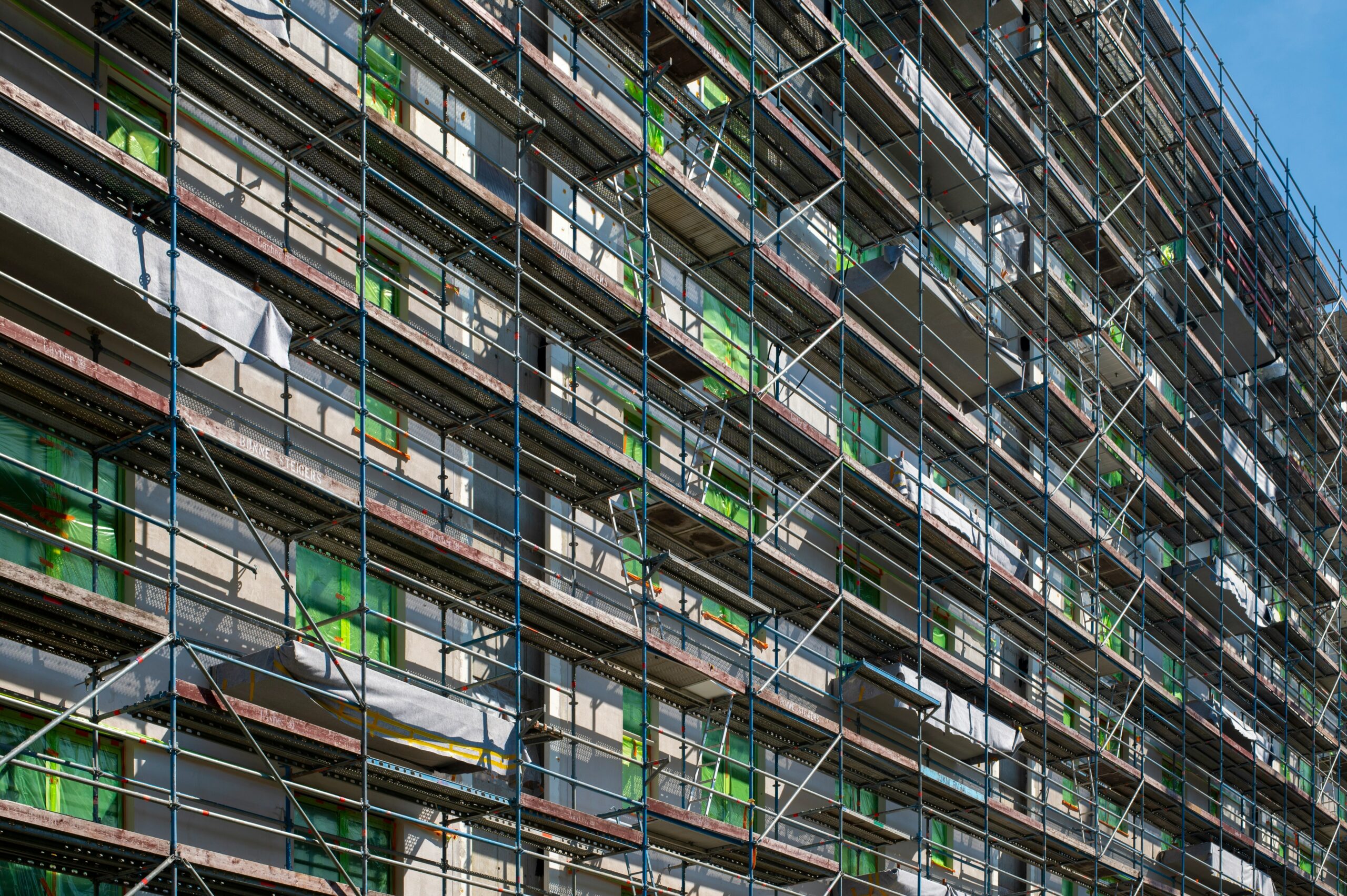Cities sit at the heart of Europe’s clean energy challenge, and its most powerful opportunities.
Giulia Conforto is a Senior Researcher at e-think energy research, with deep expertise in developing international projects and partnerships for sustainable energy. Her research focuses on financing the decarbonisation of buildings, heating, and cooling systems, with a emphasis on geothermal energy. She delivers policy and economic assessments, develops capacity building programmes, and drafts and acquires new projects. In this conversation, she explains how the EU-funded ESCALATE project helps municipalities plan cleaner, more energy-efficient heating and cooling systems, and why financial barriers are often not what they seem.
To start off, could you give us a quick overview of the ESCALATE project and what its main mission is?
The ESCALATE project supports Europe’s clean energy shift by helping cities develop their heating and cooling plans. Our mission is to enable local governments, especially those with limited capacity, to create practical, effective, and climate-aligned strategies for heating and cooling, which are typically hard-to-abate sectors. We aim to make planning more accessible, more standardised, and ultimately more impactful by equipping municipalities with the tools, training, and guidance they need to build resilient and low-carbon systems.
As Europe works towards its carbon neutrality goal by 2050, we know buildings play a huge role in energy consumption and emissions. In this context, how important do you think is to make cities more energy efficient, especially when it comes to heating and cooling?
Buildings account for around 40% of the EU’s energy use and emissions, and heating and cooling represent the biggest share of that. Unlike electricity, which is decarbonising quickly due to renewables, heating and cooling remain difficult to transform, especially in existing buildings. Making cities more energy-efficient is absolutely essential because urban areas concentrate both the population and infrastructure. If we don’t address energy waste in heating and cooling at the urban level, we simply won’t meet our climate targets. It’s a challenge that requires both policy ambition and local action.
How does ESCALATE support cities in creating or upgrading their local heating and cooling plans? What kind of tools or say guidance does the project provide?
Medium and smaller municipalities often lack the staff, money, and expertise for heating and cooling plans. ESCALATE works with regional energy agencies to close this gap. These agencies are trained through our project to become external experts that can directly support local authorities. We provide a standardized training platform, a structured planning methodology, and ready-to-use templates and guidelines that ensure compliance with EU directives. This way, even cities with limited capacity can create robust and future-proof heating and cooling strategies.
Read the full interview on revolve.media


